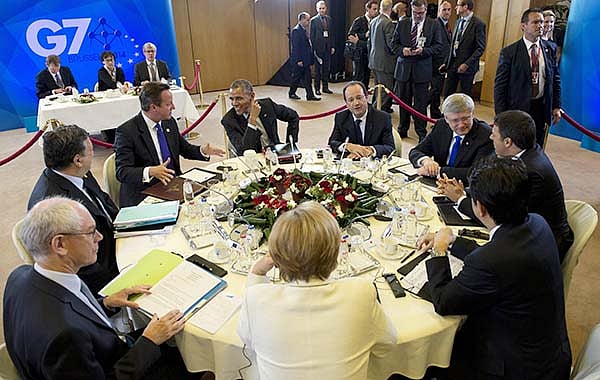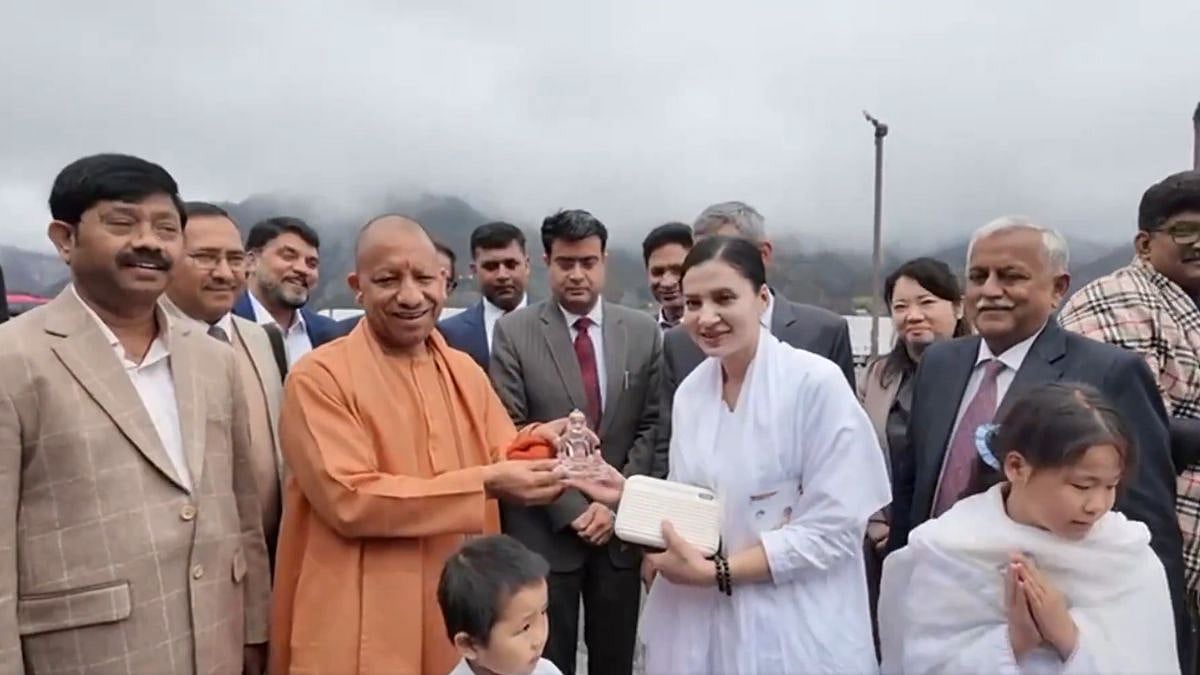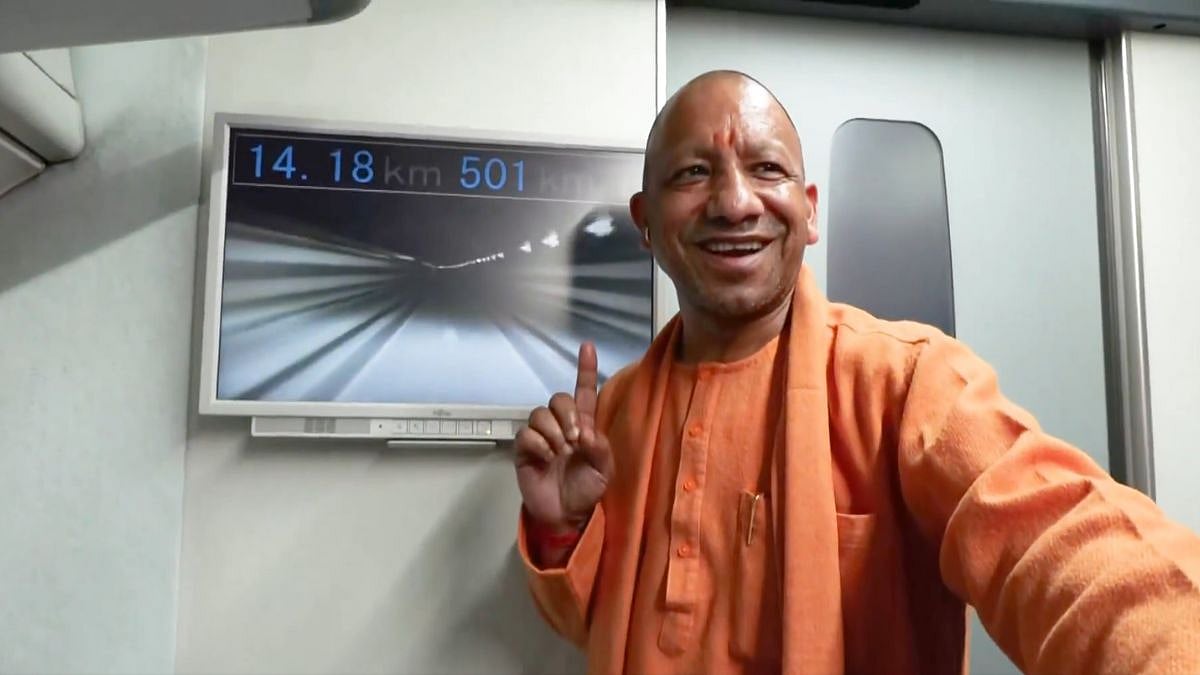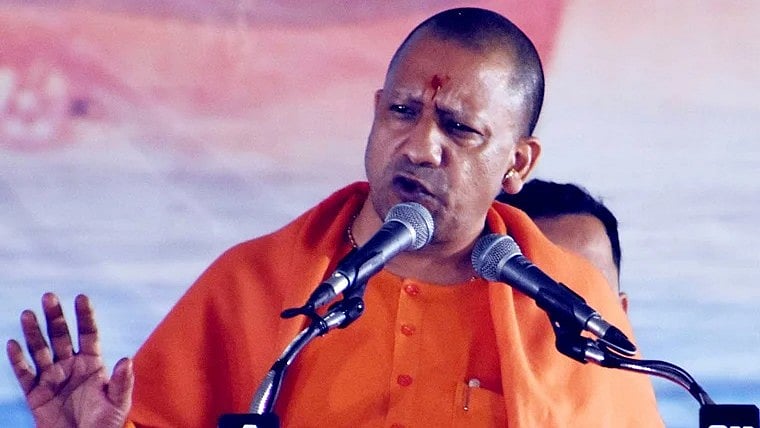Brussels : Western leaders come face-to-face with President Vladimir Putin in Paris on Thursday for the first time since Russia seized Crimea, after a blunt G7 warning that Moscow must stop destabilising Ukraine or face further sanctions, reports AFP.
Most of the leaders gathered for this week’s Group of Seven summit in Brussels will be heading to Paris ahead of Friday’s D-Day commemorations in Normandy, where they will rub shoulders with the Russian president.
French President Francois Hollande, who will meet the Russian and US leaders separately in Paris, has said “dialogue and de-escalation must be encouraged”. Putin is also slated to meet German Chancellor Angela Merkel and British Prime Minister David Cameron, who said he would deliver a similar message of dialogue.
After talks on Wednesday, a Group of Seven statement said Russia must recognise the results of Ukraine’s May 25 presidential election, won by tycoon Petro Poroshenko, stop destabilising the country and withdraw Russian troops from the border. Failing that, the G7 — Britain, France, Germany, Italy, Japan, Canada and the United States — were ready to “intensify targeted sanctions and to implement significant additional restrictive measures … should events so require.” Merkel, however, tempered the message by saying European leaders would “take stock” of Russian actions at an end-June summit. She said “the main thing is to be constructive,” with further sanctions only if there is “no progress whatsoever.”
Asks Iran to support
regional security
The leaders of the Group of Seven (G7) have called on Iran to intensify its role in supporting security in the Middle East. “We call on Iran to play a more constructive role in supporting regional security, in particular in Syria, and to reject all acts of terrorism and terrorist groups,” said a statement released on the European Union official website.
The G7 also called on Iran to “cooperate fully with the International Atomic Energy Agency on verification of Iran’s nuclear activities and to resolve all outstanding issues, including critically, those relating to possible military dimensions”.




